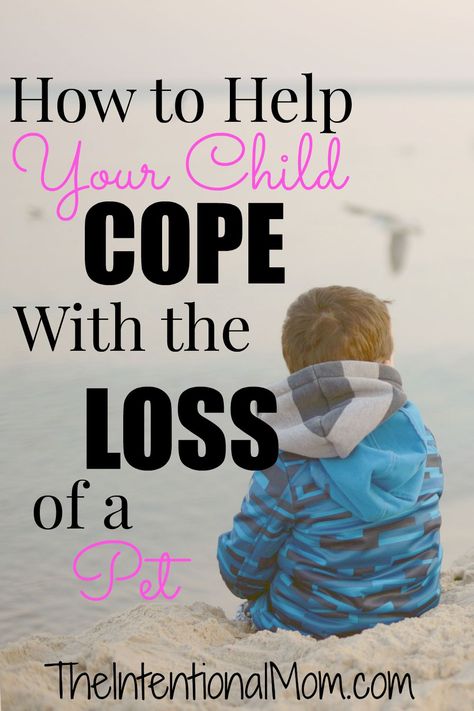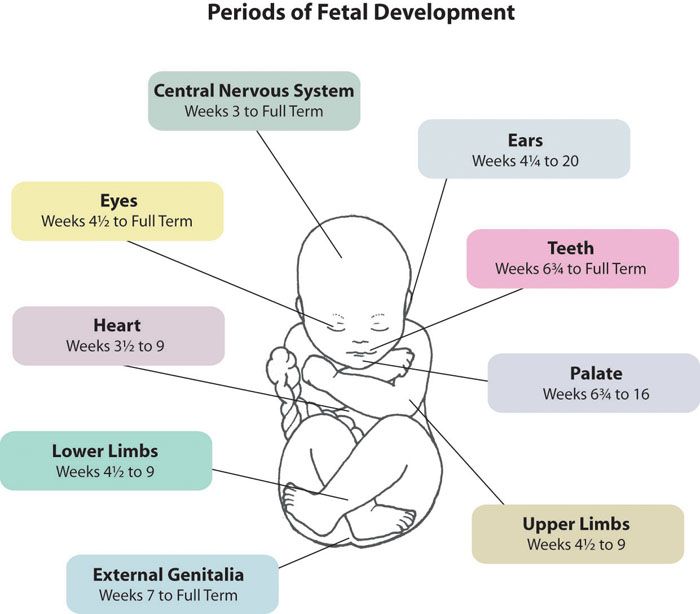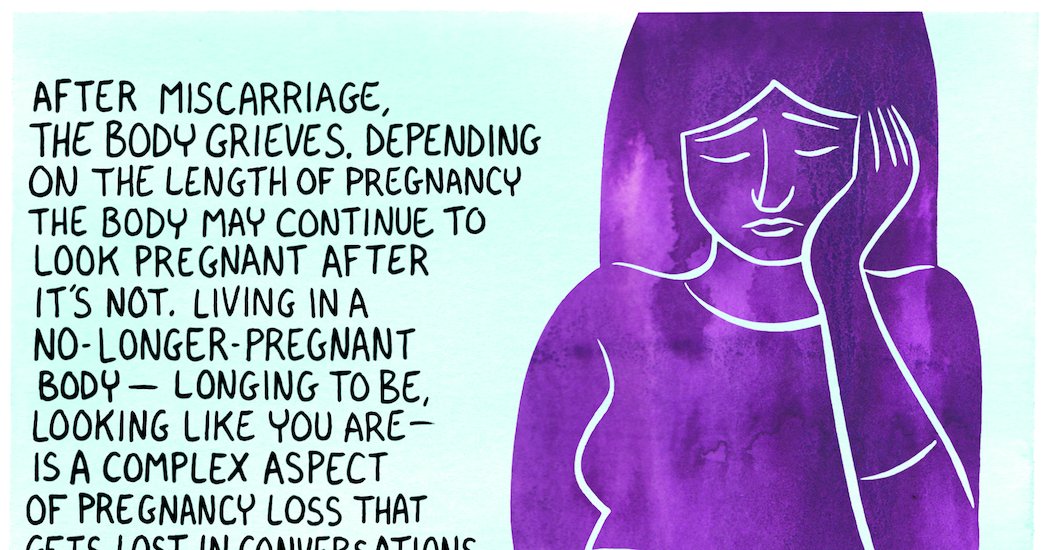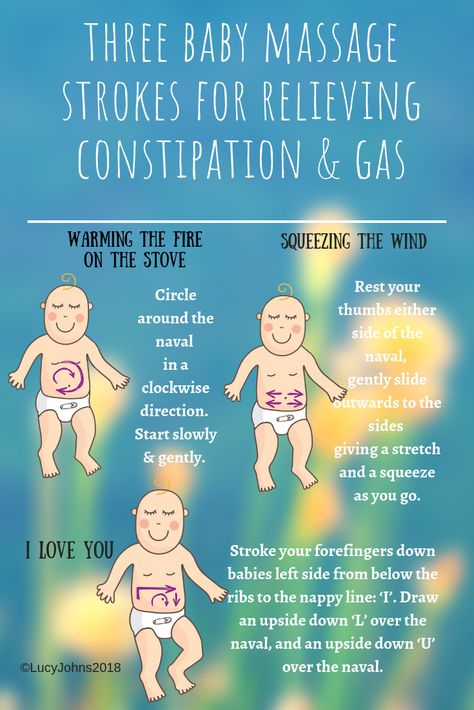How to help a child cope with an absent mother
How to Comfort a Child Who Misses a Parent
Do your kids miss you or your partner when you’re out of town or working long hours? Here’s how to comfort a child who misses a parent.
My toddler asked, “Where’s Daddy?” throughout the day, and I kept responding with the truth: “He’s at the office.”
I wondered where the sudden questions came from when I realized that he may have been noticing his dad’s irregular schedule.
Unlike my set hours, my husband had been working on a project at odd hours. Sometimes he’d be home early, but many nights he wouldn’t return until after our son was asleep. At one point, he only saw him for five minutes in the morning before heading out, with no way to see him come bedtime.
So, the “Where’s Daddy?” questions started popping up. He’d ask at random times with no relevance to what we were doing, either.
I had always assumed he asked questions to get answers, rather than to convey an emotion. He was aware of emotions like happy, sad, and mad, but we hadn’t addressed the feeling of missing someone. At least I got to see my husband in the evenings—my son was fast asleep by the time his dad would come home.
How to comfort a child who misses a parent
Perhaps your child is also missing a parent who’s away at work, whether the schedule is new or has been set in stone for a while now. Maybe your partner has been traveling or away for several months.
The reasons are many, but they all boil down to our kids missing one of their parents, unsure how to handle the absence. How can you help him cope with his big feelings? Take a look at these tips (or watch the video below):
1. Offer items that belong to the missed parent
One way to help your child cope with her emotions is to leave her with a special item, or “placeholder,” of the parent who’s gone. “Hold on to my bracelet and keep it safe while mommy is gone,” you might say. “When I come home, you can give it back to me. ”
”
This reassures her that you’ll come back and that she’ll see you later. She’ll have a token of yours to hold onto in your absence. And she can feel special for having the responsibility of taking care of such a special item.
Free email challenge: Looking for actionable steps and quick wins in parenting? The Better Parenting 5-Day Challenge is for parents who know they want to improve but need that little nudge and supportive guidance to do so.
We’ll tackle one actionable tip per day that you can do right away to transform the way you raise your child. This is your chance to challenge yourself and make the changes you’ve been meaning to make. Sign up today—at no cost to you! You’ll also get my newsletters, which parents say they LOVE:
“Love this perspective. Thanks for sharing, Nina. Keep the great content coming!” -Angelina Cummins
2. Make crafts for the other parent
A great way for kids to manage the emotions of missing a parent is to make a craft or art project for them. Your child is doing something fun while thinking of them.
Your child is doing something fun while thinking of them.
You’re turning “lemons into lemonade” and using a time that would otherwise be difficult to get through toward a more positive activity. She can present them with the craft she made, making the reunion even more positive.
Take a look at these easy crafts even your young toddler can do.
3. Describe what the other parent is doing
It’s easy to reply to the same ol’ questions with the same ol’ answers: “He’s at work” or “She works early in the mornings” or “You know he’s gone for a few weeks.”
Rather than saying the same phrase over and over, describe what the other parent is actually doing. For instance, explain what they do for work and share what they might be doing at this moment.
Letting him know gives him a clearer picture of where they are, rather than “not here.” They’re doing something productive and purposeful, not just being away from the family. You don’t want “work” to simply mean, “not here.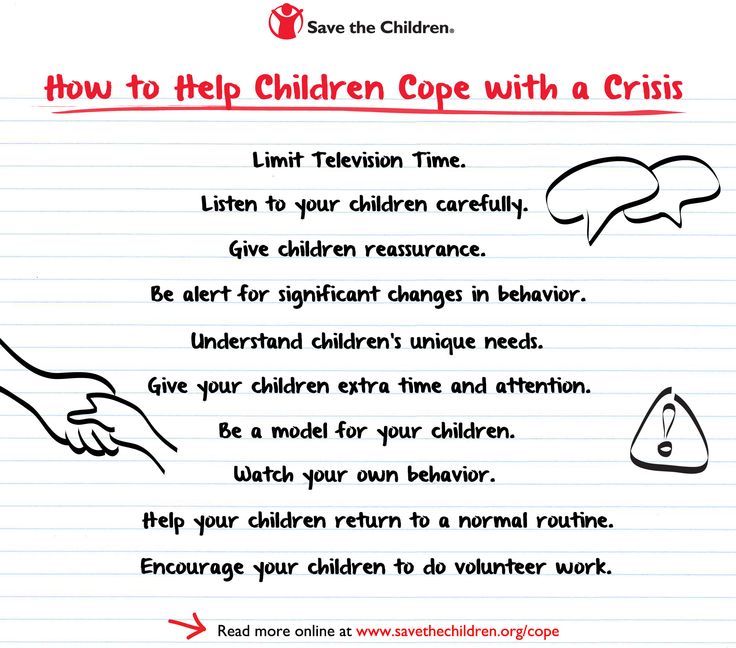 ”
”
Learn how to explain to your kids why you or your partner work.
4. Offer a visual cue for the parent’s return
Anxiety can build when we don’t know the answers yet. Help your child cope by giving her a visual cue of when to expect to see her parent.
For instance, older children who can tell time can rely on a clock to know when mom or dad is coming home. If a parent is away for several days, mark a calendar and cross off the days leading up to their return.
With each passing day or hour marked on a sheet of paper, she can count down when she’ll see them again.
5. Contact the other parent when possible
Missing a parent won’t feel so hard when your child can see or hear from your partner while they’re away.
Schedule regular times for the two of them to chat. For instance, schedule a phone call every night. They can read her a book over the phone, reciting the words as you flip through the pages at home. (Tip: email them the words to the book if they don’t already have it memorized. )
)
Log onto your computer for a video chat—seeing their face can ease difficult emotions, for both parent and child. And they can take a photo of what they’re doing or what they see and text it to the both of you. My husband would show live videos as he walked around a different city so my son could see where he was.
6. Be patient when your child is being difficult
Your child may be extra clingy, throwing tantrums, and outright testing your patience. She makes your day more challenging, especially if you’re the only one she can “take it out on.”
But the times when our kids are most difficult is when they need us the most. Ironic, isn’t it? The times when they’re least pleasant and crying heavy tears are actually when we need to be most patient, even if doing so is difficult to muster.
Remind yourself that she’s likely having a difficult time with her emotions and is struggling as much as you are. And be kind to yourself. The extra stress of solo parenting, however temporary, can be a hard adjustment for both of you.
7. Address and label your child’s emotions
Your child may have no idea what he’s feeling and doesn’t know how to define it the way you and I can. He may not feel like his emotions are valid, or whether he should be feeling this way or not.
When you sense that he misses a parent, label that emotion: “You seem sad that daddy’s not here today.”
Associating words with emotions assures him this is normal—something everyone feels, even moms and dads. He also understands that his sadness and anxiety will go away—he’s not stuck feeling miserable forever.
Read more on the importance of talking to kids about emotions.
Conclusion
Disclosure: This article contains affiliate links. As an Amazon Associate, I earn from qualifying purchases.
It’s never easy on anyone when a child misses a parent.
Your child feels sad at your partner’s absence and doesn’t understand why they’re gone. They feel guilty for being away from both of you too long, with you on solo duty. And you not only miss them, but need to manage the day-to-day household on top of helping your child cope with his emotions.
They feel guilty for being away from both of you too long, with you on solo duty. And you not only miss them, but need to manage the day-to-day household on top of helping your child cope with his emotions.
You can do this by describing those emotions so he understands they’re normal and come and go. Be patient when he’s being difficult, as this is when he needs you the most.
Describe what your partner does while they’re away so your child knows they’re doing important work and not simply gone. Before leaving, have them give your child a special token of theirs that he can hold onto while they’re gone.
In the meantime, help him make crafts while also showing a visual cue of when to expect your partner’s return. And finally, contact them during their absence to reassure your child that they’re still here and to share any stories they may want to tell.
In an ideal world, my husband, toddler, and I would have spent every day together (well, most days!). When we couldn’t, we relied on addressing emotions, placeholders, and patience that helped him when he missed his dad.
p.s. I also recommend reading When I Miss You by Cornelia Maude Spelman with your child to encourage him to talk about his feelings:
Get more tips:
- Dealing with Your Child’s Sadness
- How to Deal when Your Child Cries at Drop Off
- 9 Useful Techniques for Dealing with Anxiety in Young Children
- 10 Children’s Books about Separation Anxiety
- Parenting Mistakes: Judging Your Child’s Emotions
Don’t forget: Join my newsletter and sign up for the Better Parenting 5-Day Challenge today:
Helping a Child Cope with an Absent Parent
Just after my daughter turned 2, her father and I separated and divorced; he was abusive and drank too much. When my daughter was 3 her father lost his visitation privileges as a result of his continued violent and abusive behavior. He had passed up many ‘supervised’ visits throughout the year so it came as somewhat of a relief.
I have two older step children that are my daughter’s half-brother and half-sister. When I had first met them, one of their deepest pains they shared with me was the vague knowledge/memory they had of not seeing their father for a period of time when they were younger.
When I had first met them, one of their deepest pains they shared with me was the vague knowledge/memory they had of not seeing their father for a period of time when they were younger.
Through the insights of my step children, I already knew an ‘Absent Parent’ deeply wounds the emotional wellbeing of a child consciously or subconsciously. I realized this circumstance could have a negative effect on my precious daughter as well.
I decided to educate myself. I had the good fortune to speak with a child trauma expert. Without going into great detail, I did share the age of my child and the situation. The main thing she felt I needed to know was to not say the absent parent was sick. She explained that my child would worry about the absent parent’s health. She recommended I tell my child that her father had ‘problems’ and that when he gets better “someone will call and you can see him again.” That was so easy to remember I did not even have to write it down! Then I waited.
It took about one year for her to notice she had not seen her dad. At 4 years old she came to me and said “I think my dad is dead.” I said “who told you that?” She said “nobody, I just figured it out.” I picked her up, carried her into her room and we both had a good cry. Thereafter I explained that her father had problems and that when he got better someone would call and she couldsee him again. She had very thoughtful questions for me:
“Do they know our phone number?”
“Yes, we have had this phone number a long time.”
“Does he know where we are?”
“Yes, he has been here and he knows where we are.”
I did explain someone would call for him because he was not my friend anymore and could not call my home, but that he would always be her Dad and she could still be friends with him and that it was up to her and him to work that out, when the time came. Then she waited.
Not long after this conversation, she told me she was starting to forget what he looked like.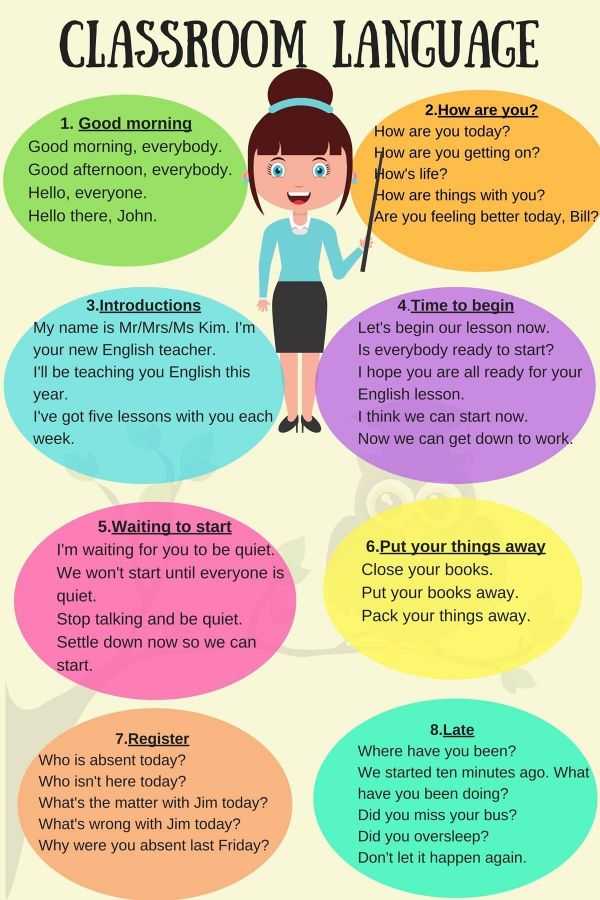 I then called her pediatrician and asked if I could give her a picture of her Dad. They felt that would do no harm but suggested that maybe it was getting to be time for a counselor. After several months of therapy, the counselor explained that my daughter’s only problem was the absent parent; otherwise she was emotionally healthy.
I then called her pediatrician and asked if I could give her a picture of her Dad. They felt that would do no harm but suggested that maybe it was getting to be time for a counselor. After several months of therapy, the counselor explained that my daughter’s only problem was the absent parent; otherwise she was emotionally healthy.
It took 3 years for my daughter’s father to become available again and another 2 years for him to agree to a healthy reunification plan, which was designed by her counselor. Visits started at another family counselor’s office, then progressed to a family member’s home (with graduating amounts of time) and now for the first time in 7 years the visits are ‘unsupervised’ for less amounts of time. My daughter is now 9 and all the wiser.
Let me be very clear … she is happy to have her father back in her life again; it is a natural desire for any child. It serves no one to fight this. There have been too many moments when my daughter saw another daddy swinging his little girl in the air where she had to handle the longing in her heart.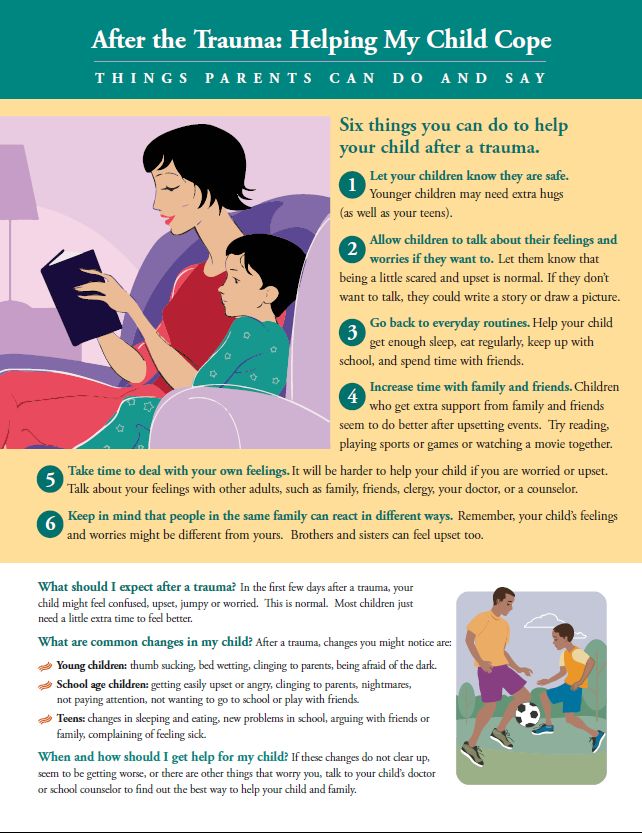 She knows nothing of the ugliness of what happened before. At her age, she need not know. I did not want her scared or stressed when the time came for her to see him again. There is a big difference in dropping off a child who is ‘happy’ to go, rather than having to fight or struggle to ‘make’ a child go with the other parent, especially if they are frightened.
She knows nothing of the ugliness of what happened before. At her age, she need not know. I did not want her scared or stressed when the time came for her to see him again. There is a big difference in dropping off a child who is ‘happy’ to go, rather than having to fight or struggle to ‘make’ a child go with the other parent, especially if they are frightened.
There is so much in between these lines that she and I have gone through but trust me, I would not do anything any differently regarding this topic. I am thankful of the fact that I stayed out it and did not put my issues into her innocent mind. I want her to become the person she is destined to be, and not a victim at the end of a rope of pain. I am very respectful of her relationship with her father on her behalf.
I recognize I can not control whatever course this story will take, but I can choose to influence my child’s life in a positive, respectful manner. The high regard I have in my heart for my daughter empowers me to treat her wishes with respect and the maturity to see that this is her one chance at a childhood.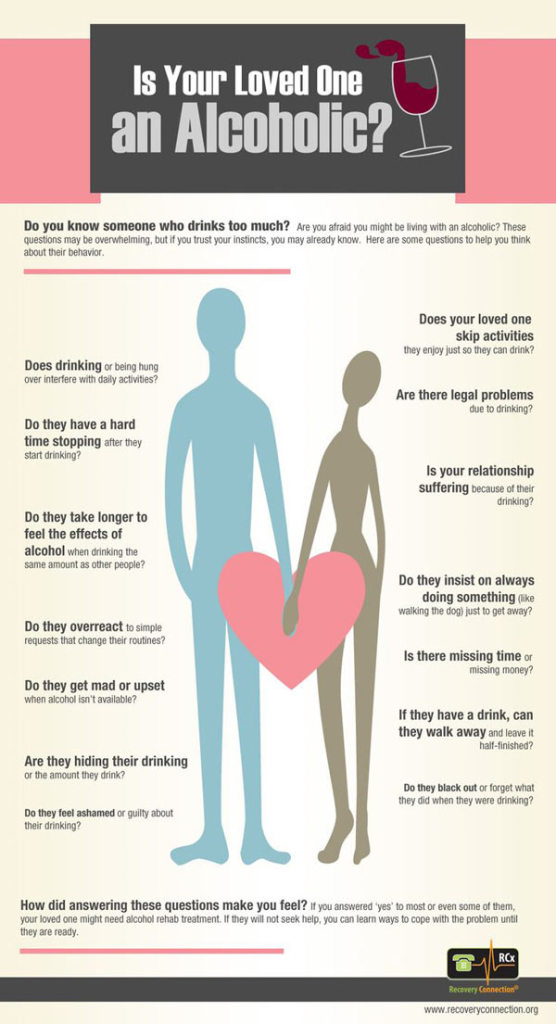 As her most significant role model, I want her to see her mother as a strong and gracious woman.
As her most significant role model, I want her to see her mother as a strong and gracious woman.
Related content:
Long Distance Parenting: How to Stay Connected When Your Child Lives Far Away
Divorce and Kids: Managing Your Child’s Behavior When the Family Breaks Up
The baby cries when the mother leaves: what is separation anxiety and how to deal with it
For mothers, leaving a child for the first time with a nanny or relatives is no less stressful than for the baby himself. How long will he cry? What if he can't calm down? And what if they can't manage without me? This condition is called separation anxiety. Child psychologist Ksenia Nesyutina told us how to learn how to say goodbye correctly - so that both the mother is calm and the child does not have problems with attachment. nine0003
What is separation anxiety
People of all ages experience separation anxiety, parting, moving, ending certain stages of life. This is separation anxiety. Adults know how to deal with any breakup if they have developed the appropriate skill in childhood. Children with separation anxiety do not know how to emotionally cope. When they anticipate that their mother is about to leave, they begin to act up and cry. This condition is most pronounced in children aged from about one and a half to three years. Or it happens when the child begins to sleep separately: at night, he can run to the parent's bedroom for quite a long time to be close to dad and mom. nine0003
Adults know how to deal with any breakup if they have developed the appropriate skill in childhood. Children with separation anxiety do not know how to emotionally cope. When they anticipate that their mother is about to leave, they begin to act up and cry. This condition is most pronounced in children aged from about one and a half to three years. Or it happens when the child begins to sleep separately: at night, he can run to the parent's bedroom for quite a long time to be close to dad and mom. nine0003
But separation anxiety still begins with the parent, because while the children are small, adults also experience negative emotions at the thought of separation. As a result, the mother knows that she needs to leave, begins to worry, and these feelings are transmitted to the child.
Why is it hardest for children from one and a half to three years old
Because it is at this age that a child realizes that he and his mother are not a single whole. Mom is a separate person, just like himself. He understands this, among other things, thanks to changes in his desires. Previously, he just wanted to eat and sleep, but now he wants a new toy or go for a walk - and parents no longer always do what the child wants. He hears phrases like "No, dear, we have to go home" or "We already bought you a toy yesterday, come on another time." This is where the awareness of oneself as a separate person begins. But along with this state, anxiety and fear may appear: "Since mom is a separate person, she can always leave or want something else, not fulfill my desire." The child begins to understand that he is not able to control other people, as he thought in an earlier period, when the needs were minimal and easily realized. nine0003
He understands this, among other things, thanks to changes in his desires. Previously, he just wanted to eat and sleep, but now he wants a new toy or go for a walk - and parents no longer always do what the child wants. He hears phrases like "No, dear, we have to go home" or "We already bought you a toy yesterday, come on another time." This is where the awareness of oneself as a separate person begins. But along with this state, anxiety and fear may appear: "Since mom is a separate person, she can always leave or want something else, not fulfill my desire." The child begins to understand that he is not able to control other people, as he thought in an earlier period, when the needs were minimal and easily realized. nine0003
There is a stage in the development of a child - from about a year to a year and a half - when he begins to get carried away with the outside world
He already knows how to walk, take some things on his own - and begins to explore everything around. Some psychologists even call this period "romance with the world. " Parents usually sigh with relief at this time: “Well, thank God, the child has grown up, now he doesn’t sit in my arms, finally I can rest in peace and go about my business.” It seems to mothers that the most difficult stage - up to a year, when the baby is constantly in her arms and constantly asks for something - has passed. nine0003 Photo: Shutterstock / Marys Poly
" Parents usually sigh with relief at this time: “Well, thank God, the child has grown up, now he doesn’t sit in my arms, finally I can rest in peace and go about my business.” It seems to mothers that the most difficult stage - up to a year, when the baby is constantly in her arms and constantly asks for something - has passed. nine0003 Photo: Shutterstock / Marys Poly
However, after a few months, the child turns from a researcher into a person who does not let his mother go at all. It starts to seem to mom that something went wrong: only recently everything was fine, he let her go, played by himself, and then suddenly again like a little one, as if he was three months old. Parents may be angry at this, it may seem to them that they made a mistake somewhere or that the child is “broken”. But in fact, this is a normal stage of development, it just needs to be accepted. Anger or other negative emotions will not help the child cope with experiences, but will only complicate them. nine0003
What is the best age to start leaving a child with other adults
Starting at six months, you can leave your child with other adults, not with the mother.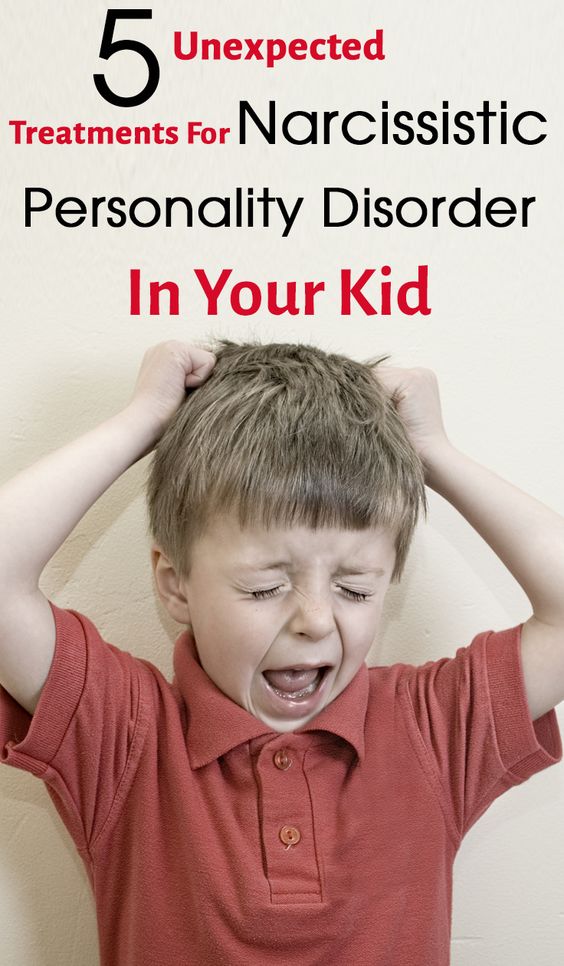 You can start with half an hour to increase this time to six or seven hours by the year. From this age, the child can gradually stay with his grandmother, nanny, dad - first for the whole day, then for a day, and then for several days. It won't be traumatic. If a child from an early age gradually gets used to the idea that he will not always be with his mother, then later it will be easier for him to accept separation and spend time on his own. nine0003
You can start with half an hour to increase this time to six or seven hours by the year. From this age, the child can gradually stay with his grandmother, nanny, dad - first for the whole day, then for a day, and then for several days. It won't be traumatic. If a child from an early age gradually gets used to the idea that he will not always be with his mother, then later it will be easier for him to accept separation and spend time on his own. nine0003
Can parents increase separation anxiety? For example, a mother constantly and suddenly disappears somewhere and leaves the child either with her grandmother, or with a nanny, or with a friend. It is important for a child to have confidence, a sense of constancy and not be afraid that a significant adult may disappear. It is important that the child knows when the mother leaves for work and returns from it. Irregular meetings increase anxiety. nine0003
Separation anxiety goes away on its own? Does she need to be treated?
If a parent is sensitive to the child, recognizes his emotions, helps to survive his feelings, treats everything calmly, does not get angry, does not deny - the anxiety goes away by itself.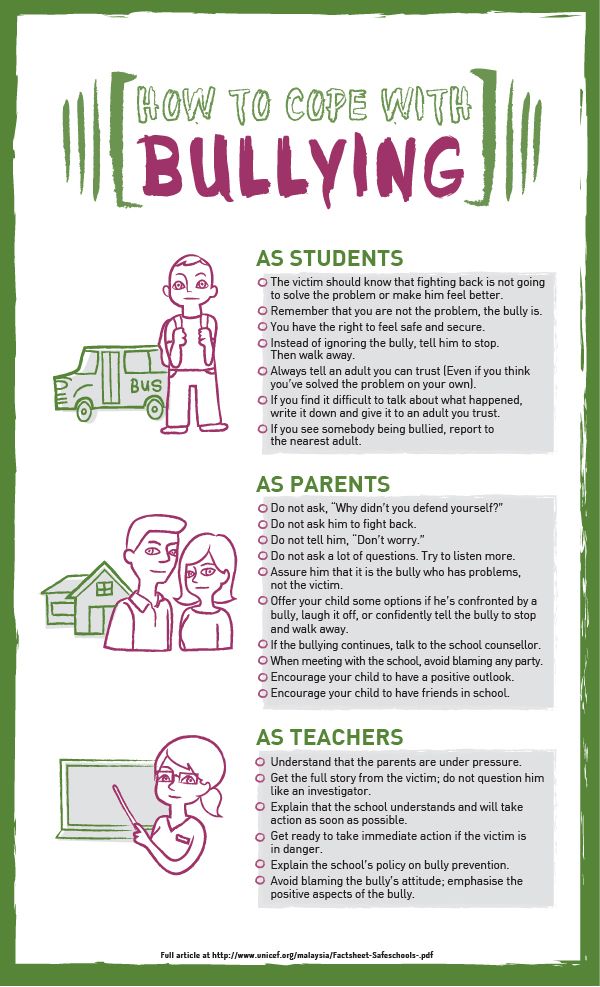 As a result, a person gradually learns to let go of something, to let something new into his life. It's sad to say goodbye, but everyone has to go through it and move on. It is good when this happens without damage to the psyche.
As a result, a person gradually learns to let go of something, to let something new into his life. It's sad to say goodbye, but everyone has to go through it and move on. It is good when this happens without damage to the psyche.
It is worth contacting a specialist if sleep problems begin: for example, a child does not get enough sleep because he runs to his parents in the bedroom all night. In this case, the somnologist can suggest bedtime algorithms that reduce anxiety. Often, help in such situations is needed not only by the child, but also by the parent, because for some reason it is the parent who cannot act as a container of this anxiety: he does not have enough emotional strength. A psychologist is especially relevant for parents of preschool children: it is important for them to find the strength to process their fears and anxiety and help with this child. nine0003
Children who have never been able to get used to the emotions associated with parting may have difficulty with parting in the future: with places, activities, people. There are people who literally can't finish anything. If you study the situation, it often turns out that the moment of completion is simply too terrible for them. It is very difficult for such people to end and start relationships, training. All this happens because the experience of parting with a parent was not experienced very competently. Parents did not help to get used to the feeling "when someone comes and goes - this is normal." nine0003
There are people who literally can't finish anything. If you study the situation, it often turns out that the moment of completion is simply too terrible for them. It is very difficult for such people to end and start relationships, training. All this happens because the experience of parting with a parent was not experienced very competently. Parents did not help to get used to the feeling "when someone comes and goes - this is normal." nine0003
And if it is hard for the child to part with things
This is also a form of separation anxiety. For a child, toys are, in a sense, an emotional piece of himself, so when this piece disappears, it becomes unpleasant for children. Any separation is hard to perceive at first, whether it is a move or a lost thing. That is why children on vacation often do not behave very well. They had to temporarily endure parting with something they were used to.
How to help your child cope with separation anxiety
- Be predictable and give your child a sense of stability.
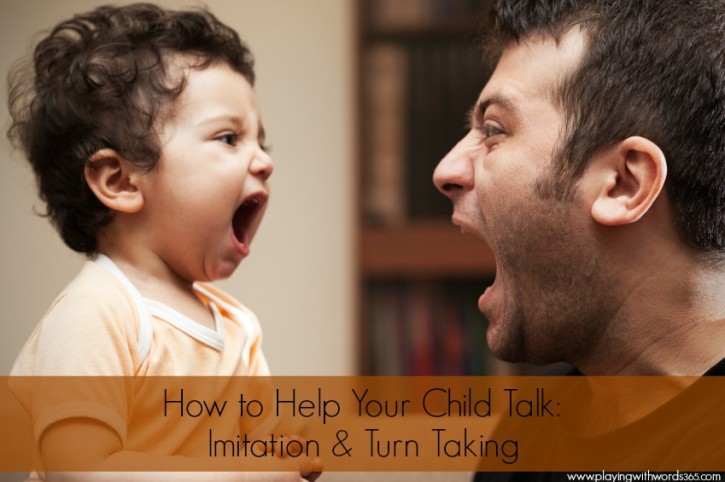 He must understand when you will return and when you will leave. So he can prepare for this process.
He must understand when you will return and when you will leave. So he can prepare for this process. - Recognize the child's emotions. Do not get angry, do not be nervous when the child cries at parting. React calmly to this: this is normal and not at all ashamed.
- Learn to deal with your own anxiety. If a mother has learned to do this, she will not say goodbye for half an hour, and then return to the child, canceling all cases if he burst into tears. If the mother cannot cope with her anxiety, how will she help the child? nine0059
- Say goodbye simply and quickly: kissed, waved to each other and parted. It is good if the child knows the substitute adult, often spends time with him: this way he will be more comfortable. It is doubly great if this adult knows how to calm the child and switch his attention.
- When leaving, do not wait until the child stops crying: this only delays the moment of farewell and increases anxiety.
- Make a to-do list with your child during your absence.
 If the children know what they will be doing while their mother is not at home, they feel much calmer. You can literally say: “While I am gone, you will watch a cartoon and eat. And by that time I will be back.” This is especially important for the first breakups. nine0059
If the children know what they will be doing while their mother is not at home, they feel much calmer. You can literally say: “While I am gone, you will watch a cartoon and eat. And by that time I will be back.” This is especially important for the first breakups. nine0059
Cover photo: Shutterstock / Petrenko Andriy
Child psychologist "SM-Doctor" gave advice on how to help a child find friends
We figure out how parents can help a child experiencing communication difficulties and not injure him even more.
We deal with Victoria Bogdanova, a child psychologist, an employee of the SM-Doctor clinic for children and adolescents in Maryina Roscha. nine0003
Why can't the child find friends?
In most cases, the problem lies in his parents. Among the common reasons are hyperprotection, limited communication with peers, lack of conditions for the child's self-affirmation, or a negative attitude of parents towards his independent actions.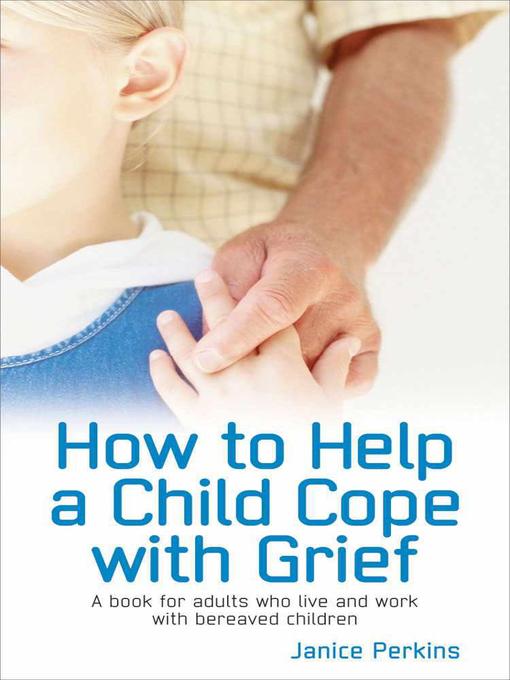 All this can lead to the psychological unpreparedness of the child to communicate with other children.
All this can lead to the psychological unpreparedness of the child to communicate with other children.
In addition to parental upbringing, communication problems can also be related to the child's personality, for example, if he is too withdrawn or shy. nine0003
The third source of problems with socialization may be the children's community itself, which is often quite cruel. Modern children usually spend their time playing alone, often at the computer. This leads to the fact that boys and girls do not know the usual ways for us to get to know each other. In addition, their ability to empathize is not so strongly developed, it is difficult for them to support each other and talk about important topics.
Adults should start working on developing a friendly attitude towards relatives and peers in a child from about 2-3 years old. It is possible to induce emotional responsiveness in children through reading fairy tales: the child must understand that the characters experience certain feelings that need to be treated with care. Some parents, fearing for their child, impose on him a negative and wary attitude towards other people, and this forms difficulties with communication. To avoid such consequences, it is necessary to educate the child in openness to people, and not alertness and negativity. nine0003
Some parents, fearing for their child, impose on him a negative and wary attitude towards other people, and this forms difficulties with communication. To avoid such consequences, it is necessary to educate the child in openness to people, and not alertness and negativity. nine0003
Signs indicating that the child has problems with socialization
Naturally, each person is formed in his own way, has individual characteristics, and this is connected not only with the nervous system and temperament, but also with the conditions of development. Starting from the age of 4-5, the level of significance of contacts with peers for a child only increases. Therefore, if your child:
- is aggressive towards his peers,
- complains about the lack of friends or the unwillingness of peers to communicate with him,
- goes to kindergarten or school reluctantly,
- does not call anyone up, does not invite to visit (or if no one calls and invites him),
- is often alone,
- spends all his time playing computer games/reading/TV,
you should pay attention to a possible problem and start taking certain actions to solve it.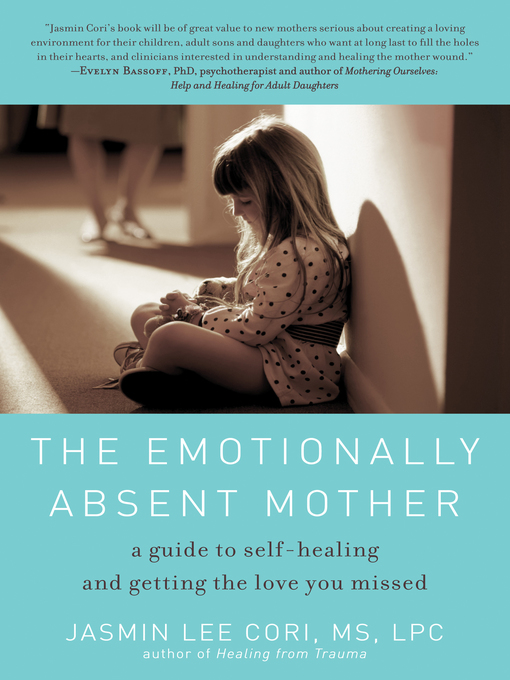
nine0003
Consider the problem on the example of a language understandable to everyone - the language of animation. On September 14, the Disney Channel begins showing the animated series Owl House, which is dedicated to this topic. The main character of the series, Luz, is so passionate about fantasy books that her peers consider her strange and do not want to be friends with her.
If in reality the parents are faced with a similar situation shown in the animated series, is it worth encouraging the interests of the child and his ways of expressing himself when his peers shun him? How can this situation be corrected? nine0003
It is worth noting that the girl was immersed in fantasy books not by chance: there was something wrong with her relationship with her mother from the very beginning. Escape to the magical world allowed Luz to find what she lacked in real life: the ability to have her own opinion, to defend her will and interests. She managed to realize herself in a world inhabited by rebels and freedom-loving characters.
She managed to realize herself in a world inhabited by rebels and freedom-loving characters.
Luz's infatuation began to spread in a form that frightened peers and adults, her eccentric behavior at school harmed those around her. Definitely, parents should support their children's hobbies, however, they need to tell them about the existence of personal boundaries of other people and that an unusual form of self-expression can be repulsive. To close the need, you need to find, together with the child, the place where it is acceptable, and it’s definitely not worth extending your eccentricities to all people. nine0003
It is important for parents to build close trusting relationships with the child, to encourage his interests, because in this way the child's feelings and experiences are sublimated. And the situation can be corrected, for example, through art therapy or joint work of the parent, child and psychologist. The first task is to understand which needs are not satisfied.
Often, parents send their child to a kindergarten or send him to a summer camp so that he is socialized there. But what if he doesn't feel comfortable there? nine0003
In such cases, parents are most often convinced that they know how and what will be best and right for their child. In most of these situations, they do not focus on the real desires and needs of children, but project their own onto them. Please ask your child about where he wants to go or go, how he feels being away from home, what difficulties he faces. It is very important not to leave him alone with his experiences and not downplay his problems. Help your child find the answer to a difficult question, cope with a difficult situation. In the animated series Owl House, a mother wants to commit an act against her daughter's will, and this only provokes her escape into a fantasy world. It is difficult for a girl to find friendly relationships, and her mother does not listen to the needs of her child, which only aggravates the situation.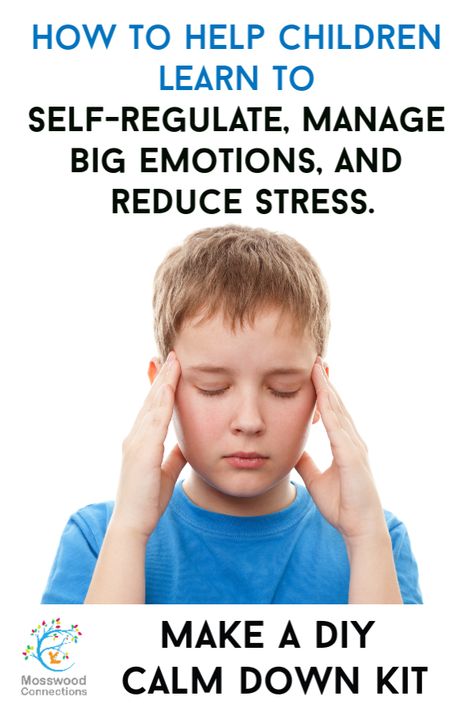 In her place, it would be worth acting quite the opposite: to establish contact with her daughter and find out about her desires. nine0003
In her place, it would be worth acting quite the opposite: to establish contact with her daughter and find out about her desires. nine0003
It is no less important to help the child not withdraw into himself. So, in order not to allow the child to go into compensatory fantasies, parents should first of all develop in him the skill of accepting reality with its difficulties. Helping a child cope with failures is possible only through emotional support: asking about his condition, sharing experiences, talking about his experiences from childhood. In this way, the parent will be able to help the child not be disappointed and not withdraw into himself, even when it seems that those around him do not accept him. nine0090
Things parents should remember
First, talk to your child. The words “I see that you are sad / angry / worried. I would like your relationship with the guys to develop differently” are really important, since a child at any age should feel that the parent loves him, is always ready to listen and is aware of his difficulties.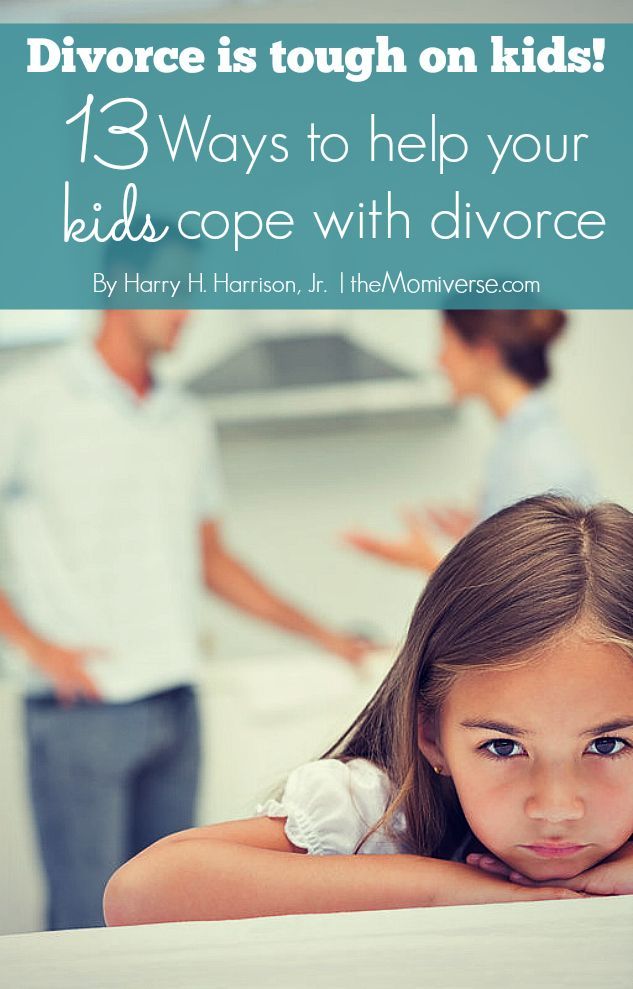 This approach helps build trust.
This approach helps build trust.
Secondly, it is important for the parent himself to stop overprotecting the child, unquestioningly fulfill his every desire and indulge his every demand. This is necessary so that he learns to independently solve emerging issues and cope with his own egoism. For example, children often demand to play by their rules, and if they lose, they are offended and upset. But life in society does not work like that - a child must be able to play together with other children: sometimes under someone else's guidance, sometimes according to different rules. nine0003
Everyone knows that children copy the behavioral model of their parents, which means that you can correct their behavior through your own example. You can convey an important experience without notations and moralizing by telling the child the story of meeting his childhood friends, about how friendship flowed, about quarrels and reconciliations.
Initiate visits and contacts with other children. If possible, change the child's living conditions and social circle as little as possible: because of frequent moves, it will be difficult for him to build close relationships with peers. nine0003
If possible, change the child's living conditions and social circle as little as possible: because of frequent moves, it will be difficult for him to build close relationships with peers. nine0003
Watch together movies and cartoons that raise this topic, and be sure to discuss the actions and behavior of the characters after watching. From the side it is always easier to assess the situation, and then try to shift it to your own experience.
What will help the child to join the team?
There are basic skills and abilities that will help the child get used to the team, but work on their development, of course, should be carried out by parents.
- The ability to understand one's feelings and emotions, as well as the ability to manage and express them in an adequate form. From an early age, parents need to develop the emotional intelligence of their children. For example, you need to teach your child to verbally express resentment without provoking conflict.
